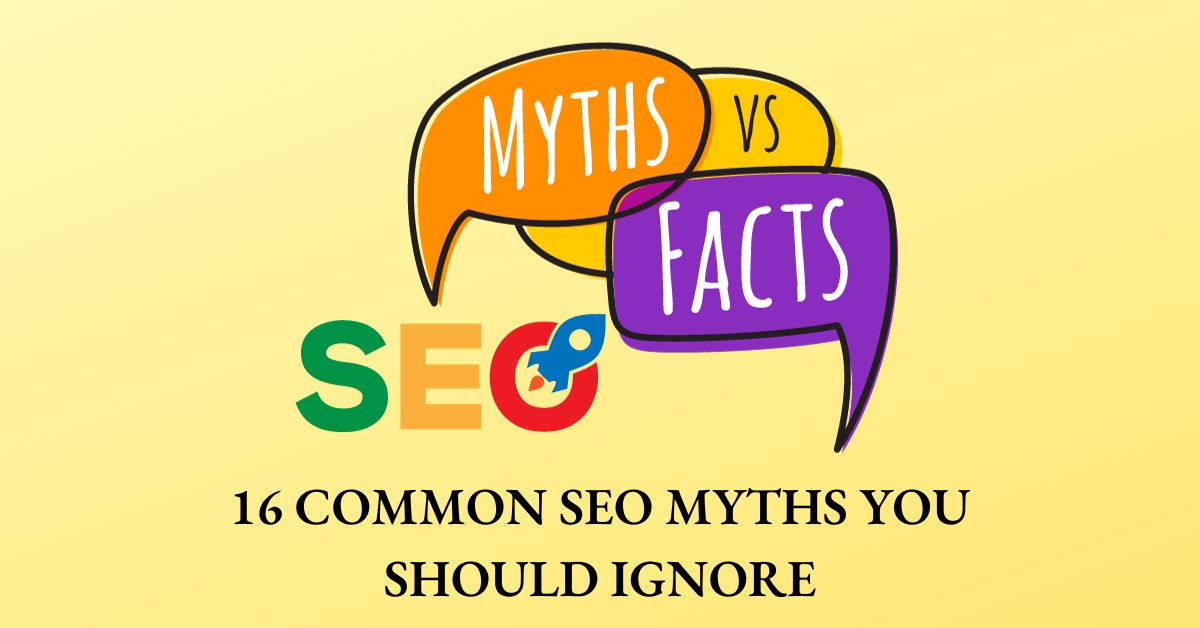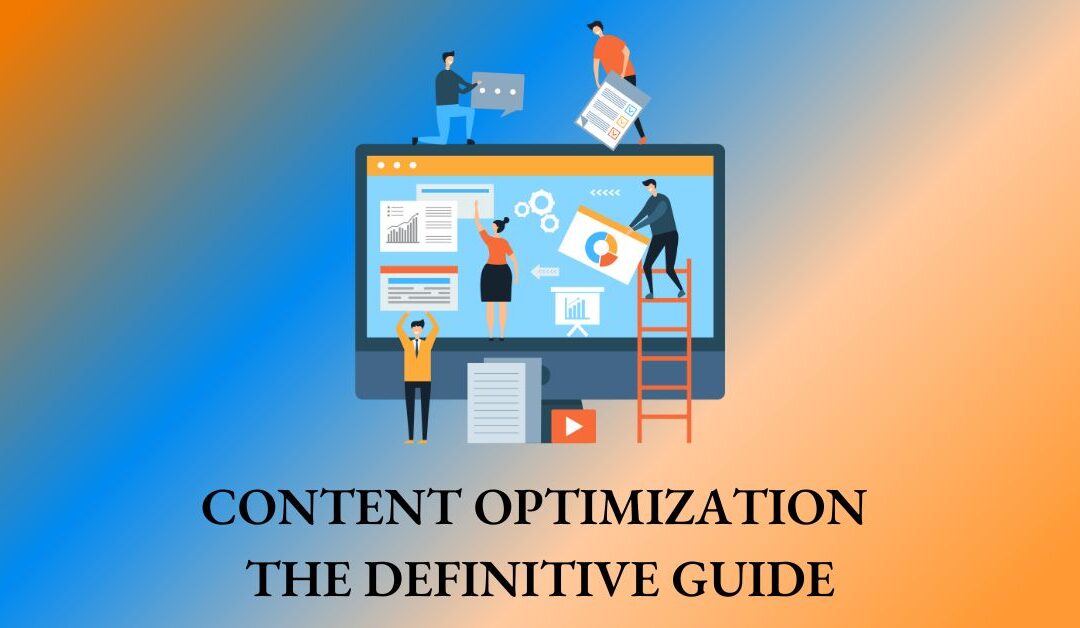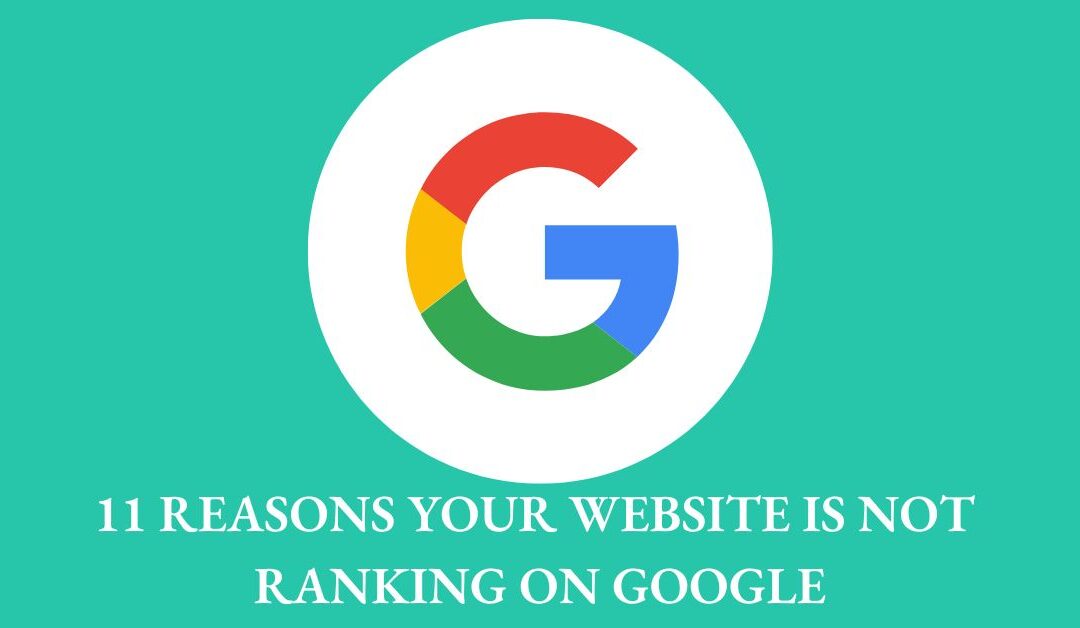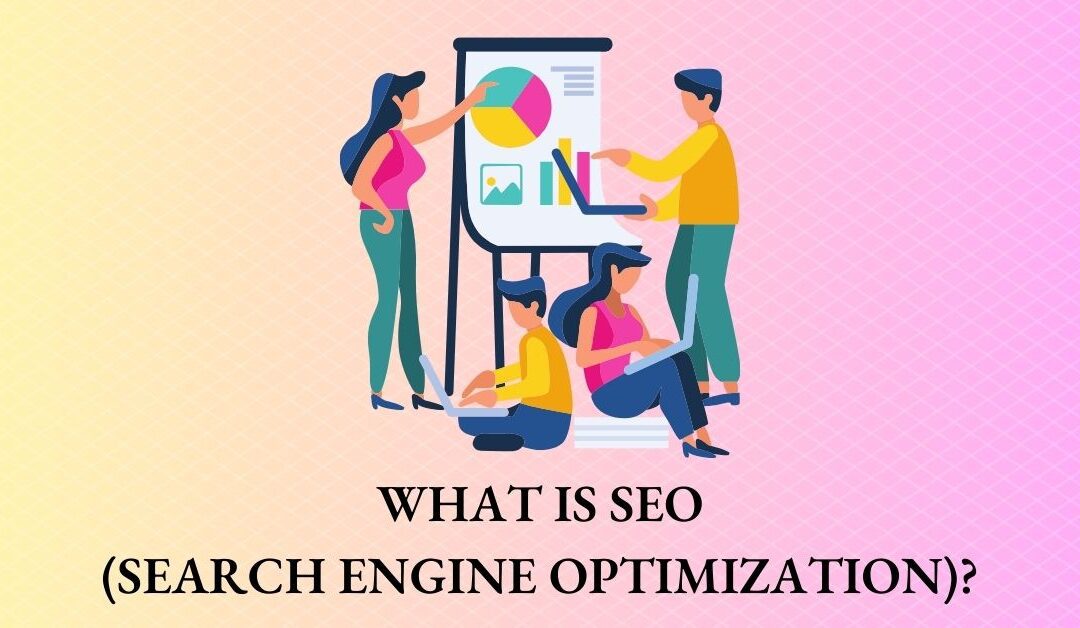The significance of SEO for digital marketing has made it vulnerable to misunderstandings, misconceptions, and myths. Unlike other myths, SEO myths can result in wasted resources, time, and energy, and in the worst case, cost you search engine rankings. This post will cover 15 SEO myths you should ignore. But first, let’s see what SEO myths are and what leads to them.
What is an SEO Myth?
With the evolution of SEO, rumors and speculations have increased more than ever. An SEO myth is a misconception, misunderstanding, or rumor regarding SEO practices. Everyone has a different experience with SEO ranking, and no one knows what works. This spread of information without legitimate evidence is the primary reason behind SEO myths.
What Leads to SEO Myths?
SEO myths exist for various reasons, the most significant of which is the secrecy of Google ranking factors. Google ranking factors remain a mystery for everyone. As a result, people keep guessing what impacts Google’s search ranking.
Another factor that gives rise to SEO misconceptions is that what used to improve rankings in the past no longer remains relevant after Google algorithm changes. However, people still pass on outdated advice, spreading myths.
In many cases, a piece of advice from a Google representative may also get blown out of proportion and spread like fire. In such a case, the SEO myth is perceived as an expert opinion, which is not a fact.
Other situations that lead to SEO misconceptions include:
- If something ranks well on Google, it is assumed the strategy would also work in every other case.
- The source of information is considered legitimate.
15 SEO Myths You Should Ignore
1. Crawl Budget is Not an Issue
The first SEO myth on the list is that the crawl budget does not matter for SEO. Many believe that Googlebot will crawl and index all your web pages whenever it visits your site, which is untrue. Each site gets a crawl budget that determines the number of web pages Google will crawl and index within a timeframe. As a result, if your site has hundreds of pages, all of your pages may not get indexed.
Crawl budget optimization can make the crawling process efficient, ensuring more pages are indexed in less time. Consider the following for crawl budget optimization:
- Include internal links so that Google better understands the structure of your site. I recommend using tools like LinkWhisper, RankMath, and Internal Link Juicer for efficient internal link building.
- Avoid redirect chains.
- Disallow the crawling of the least significant pages.
- Improve page load speed.
- Remove duplicate pages.
- Remove broken links.
- Avoid parameters in the URL.
2. Keyword Research is Not Necessary
One of the most dangerous SEO myths is that keyword research is unnecessary. It would not be wrong to say keyword research is the strongest pillar of SEO.
Do you know you can target multiple keywords with one piece of content? Keyword research helps you discover related keywords for your content to widen your reach. On the other hand, ignoring keyword research means you are missing out on opportunities that can increase organic traffic.
Additionally, keyword research is necessary to avoid using keywords nobody uses to search online. Or, you may be using highly competitive keywords that are difficult to rank higher. Therefore, it is an SEO misconception that keyword research is optional.
SEMrush, Serpstat, and SpyFu are popular keyword research tools for finding search volume, search difficulty, and related keywords.
3. Long-Tail Keywords with Low Search Volume are a Waste of Time
Another dangerous SEO myth is that long-tail keywords having low search volume can adversely affect SEO and conversions. Long-tail keywords often improve SEO ranking and lead to higher conversion rates. They are advantageous to SEO for the following reasons:
- They are less competitive, increasing the likelihood of ranking in top Google search results. Competitive keywords with high search volume are difficult to rank for.
- You target a specific audience that is likely to convert.
- Generic keywords cater to a large audience base, many of which may be interested in something other than your business or brand.
- Most people use long, specific phrases to search for information on Google.
Therefore, aim for long-tail, less competitive keywords for ranking and conversion rate. KWFinder and LongTailPro are popular tools for identifying long-tail keywords that can easily rank.
4. PPC Advertisements Help Improve Ranking
This SEO myth exists because many people think click-through rate is a Google ranking factor. Although there is substantial evidence that click-through rate improves SEO ranking, paid advertisements do not fall under this category. PPC advertisements appear on top of search engine result pages, but you do not benefit from higher click-through rates.
PPC advertisements offer many benefits, such as a boost in brand awareness. They also help you test and refine your keywords based on click-through rates. Most importantly, they help increase conversion rates. However, despite all the benefits of paid advertisements, they do not improve ranking.
5. Duplicate Content Results in Google Penalty
Duplicate content can appear within one site or across various sites. There can be many reasons for duplicate content, the most common of which is content syndication. Content syndication is when you re-publish your content on another site. However, you add a canonical tag so that the search engine knows which content is original.
A typical SEO myth is that duplicate content always results in a Google penalty. Unless a website is entirely made up of duplicate content to manipulate Google ranking, Google will not penalize your site.
In most cases, Google does not penalize websites for duplicate content. But duplicate content may give rise to SEO issues such as:
- Syndicated or duplicate content may rank higher than the original page.
- Your crawl budget is wasted crawling duplicate pages.
6. Higher Keyword Density Improves SEO Ranking
Keywords assist search engines in understanding the context of your content. However, having high keyword density would not improve your ranking. It is an SEO myth that using keywords repeatedly would make your page more relevant. Instead, keyword stuffing may result in ranking loss.
You can calculate the keyword density as follows:
Divide the number of times a keyword is used in the content by the total word count and multiply the result by 100.
For example, if you have a page with a word count of 1500 and the keyword appears 30 times, the keyword density would be 2%. Ideally, a page should have a keyword density of at most 2%. It is essential to use keywords naturally to ensure ideal keyword density.
7. Social Signals Do Not Benefit SEO
Social signals do affect SEO and contribute towards ranking. Therefore, it is an SEO misconception that social signals do not benefit SEO.
Indeed, social signals do not influence domain authority. But likes, shares, comments, and engagement rates are considered by search engines to determine how well your content resonates with users. Content with more shares and a high engagement rate is considered more valuable than the one with fewer shares and a low engagement rate.
Additionally, social shares increase traffic to your site. They may also lead to quality backlinks, improving your domain authority. Therefore, remember to include social sharing on all your posts so people can share them. Novashare is a popular social sharing plugin for WordPress that is lightweight and fast. After all, no one wants to increase page load speed.
8. All Types of Backlinks are Beneficial for SEO
Another popular SEO myth is that all types of backlinks equally benefit SEO, which is wrong. A few types of backlinks can harm your SEO ranking. In the worst case, your site may get penalized.
Google values the quality of backlinks instead of quantity. Backlinks help determine the authority of your site in your niche.
Therefore, links from high-authority, credible sites help build domain authority, while links from irrelevant sites make your site appear spammy. Most importantly, backlinks from quality sites direct traffic to your site and help build trust with visitors.
As a rule of thumb, you should avoid the following types of backlinks:
- Paid Backlinks
- Backlinks from sites having high spam scores.
- Backlinks from irrelevant sites.
You can get rid of bad links by directly contacting the web owner of the referring site or using the Google Disavow Tool.
9. Outgoing Links to High Authority Sites Make You Lose Organic Visitors
Although outgoing links to high-authority sites take your visitors to another site, they play an essential role in SEO. Most web owners fear that visitors directed to other sites may never return. However, if your content is persuasive and provides valuable information, the visitors will always return.

Outgoing links benefit SEO because Google focuses on E.A.T. when determining a page’s rank. Google uses E.A.T. criteria, i.e., Expertise, authority, and trustworthiness, to determine which content is more relevant and valuable.
Outgoing links provide additional information to your visitors, adding value to your content. Even most successful bloggers or industry experts link out to high-authority sites. Despite covering the topic in-depth and providing all necessary information, there is always information you still need to include. For such information, you link out to reliable sites providing expert knowledge.
10. XML Sitemap Help Boost Ranking
Next on the list of SEO myths is that XML sitemap helps boost ranking. XML sitemaps help search engines find pages on your site for efficient crawling and indexing. Although they help your pages appear in search results, they do not impact search engine ranking.
11. LSI Keywords Do Not Impact Ranking
LSI (latent semantic indexing) keywords refer to keywords that are semantically associated with the focus keyword. They are used to help search engines understand the actual context of your page. Therefore, it is an SEO myth that LSI keywords do not impact ranking.
For example, if your target keyword is ‘Apple’, you must add LSI keywords to help search engines understand your content’s intent. LSI keywords such as ‘iPad’, ‘iPhone’, and ‘earpods’ tell search engines that your content is about the Apple brand, not the fruit.
LSI keywords also help you rank for related keywords, increasing organic traffic. Most importantly, you naturally keep your content from keyword stuffing by using semantically associated keywords.
One way to find LSI keywords is Google search. Type your keyword in Google search and analyze the top search results to understand the search intent and discover LSI keywords. Alternatively, you can use LSIGraph, a popular tool for finding LSI keywords, to save time and effort.
12. It is Not Important to Optimize Title Tag and Meta Description
The title and Meta description appear in your search engine listing. Search engines and users use them to determine the relevancy and intent of your content. Failure to optimize the title tag and Meta description can significantly impact your ranking and click-through rate. Therefore, it is an SEO myth that title tags and meta descriptions do not matter for ranking.
Ideally, the title tag and Meta description should include your focus keyword for higher ranking. A title tag should be at most 60 characters, while a Meta description should be at most 160 characters.
13. Longer Content Ranks Better
The next SEO myth on the list is related to content length. Many believe longer content ranks better. In reality, longer content may or may not improve your SEO ranking.
The length of the content does not predict its quality. A long piece of content may not necessarily be valuable and insightful. Longer content will only rank higher if it has covered the topic in-depth and provides credible information.
However, if your content does not provide valuable information, it will fail to rank higher, regardless of length. Therefore, aim at producing high-quality, authoritative content rather than focusing on length.
14. You Should Publish Content Every Day
Content is critical in SEO rankings, but it does not mean you must publish new content daily. Instead, Google considers content freshness for SEO ranking. Search engines aim to provide reliable and up-to-date information for the best user experience. Therefore, instead of publishing new content every day, you should focus on keeping your content up-to-date, providing the most recent information.
15. Domain Age Affects Ranking
Another popular SEO myth is that domain age affects rankings. Many believe the longer a website has been live, the higher it will rank. Google does not consider the age of a site when deciding its rank in SERPs. Additionally, older sites may not necessarily have more backlinks, resulting in high domain authority.
16. SEO is One Time Job
It is one of the biggest SEO misconceptions that SEO is a one-time job. Although most of your SEO work needs to be done initially, you must monitor, analyze, and modify your SEO strategy throughout your digital marketing journey.
SEO is a continuous process requiring time, effort, and resources. Search engines keep updating their ranking algorithms, requiring digital marketers to change their SEO strategy accordingly. A failure to respond to a search engine’s ranking algorithm changes may cost you rankings.
Conclusion
SEO myths remain the prime reason most marketing strategies fail. Because of these myths, you get on the wrong track, losing SEO ranking, traffic, and customers. The above list constitutes the SEO misconceptions you should never follow. But there are many others you need to figure out on your own. Try and test to find out what works for SEO and what does not.






0 Comments